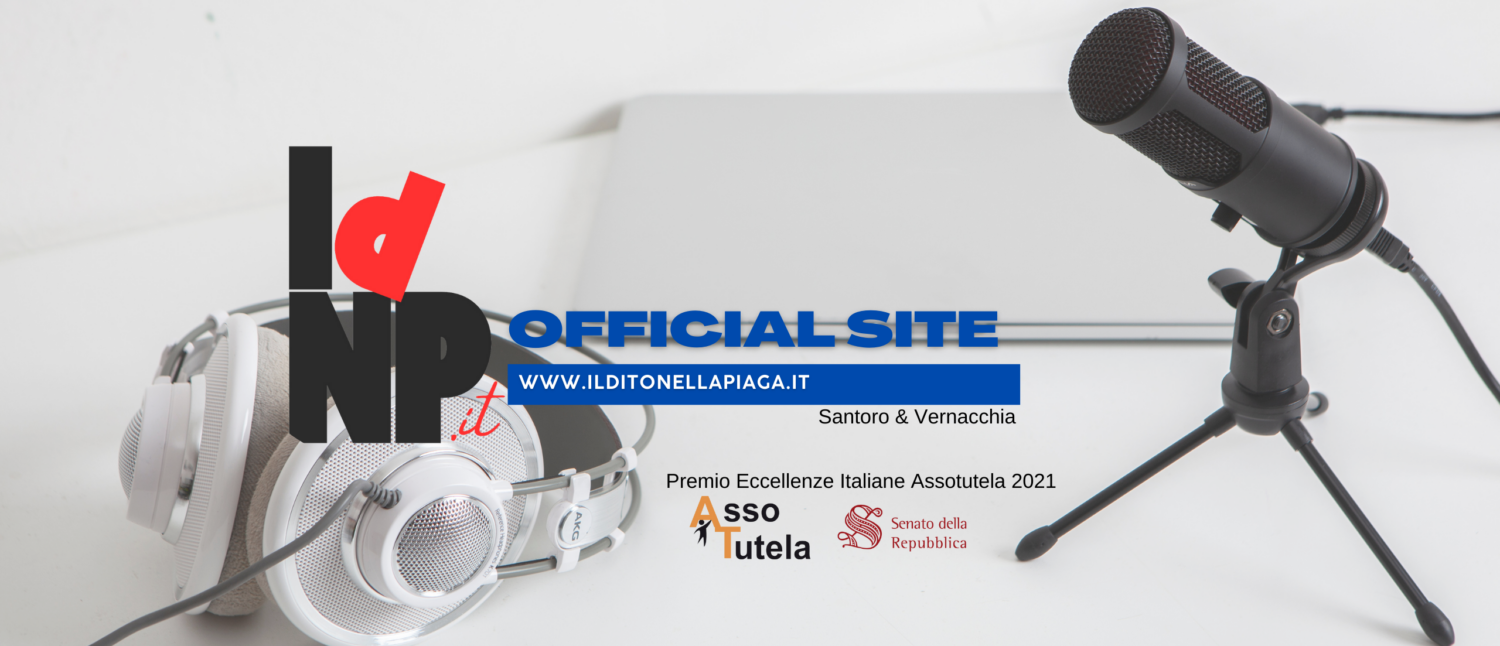We must have a lot of noncompliant patients… or so I hear
I hear the term ‘noncompliant’ a lot and while there are better terms, such as nonadherent, to describe the patient who does not follow the prescriptions for care, I thought it might be worth examining why a patient would not ‘obey’, ‘comply’, ‘adhere’, etc.
First off, the term, of even this concept, can never be used for the demented patient.The demented patient lacks the capacity to understand the consequences of their behaviour. If the demented patient cannot be redirected, the family needs to be notified of the behaviour and its potential consequences.
Now, onto what else could be going on. I have created a list of what might be happening that is preventing the patient from doing what is asked. I am starting with some assumptions we, as providers, are making about the patient. We often assume the patient:
- Has the capacity to comprehend but just won’t do what they are told
- Speaks, hears and understands English
- Is not too anxious to understand what we are saying
- Fully understands all the big medical words we use
- Can read and fully understand our written materials (all 20 pages of a printed discharge summary that is handed to the patient at discharge)
- Doesn’t appreciate all the expertise we are bringing to him/her for care
- Would immediately tell us that they can’t do what is being asked of them
- Will avoid doing anything that would impair healing
- Has plenty of money/insurance to buy medIcations and supplies
- Can stay home — has enough sick leave and family support
- Has no family obligations that would take priority.
Can we turn this around? Personally, I don’t think it need take hours. Get to know that patient. Sit down to talk with them. Ask them: “If you weren’t here with me today, what would you be doing?” That single question will give you a lot of information about their mental status, physical status, social engagement and so on. Compare the patient who says “We have a foursome for golf, so that is where I’d be” versus, “I’d be home in the recliner watching old Western movies”. It takes less than a minute to establish the facts.
I had surgery a few weeks ago. I got my instructions by mail. Yes, I can read. There are 17 things I need to do the day before surgery. They are noted by the hour of the day… guess I can’t do much else that day! Are we helping with adherence or hindering it?
[Tratto da: www.woundsinternational.com ]








